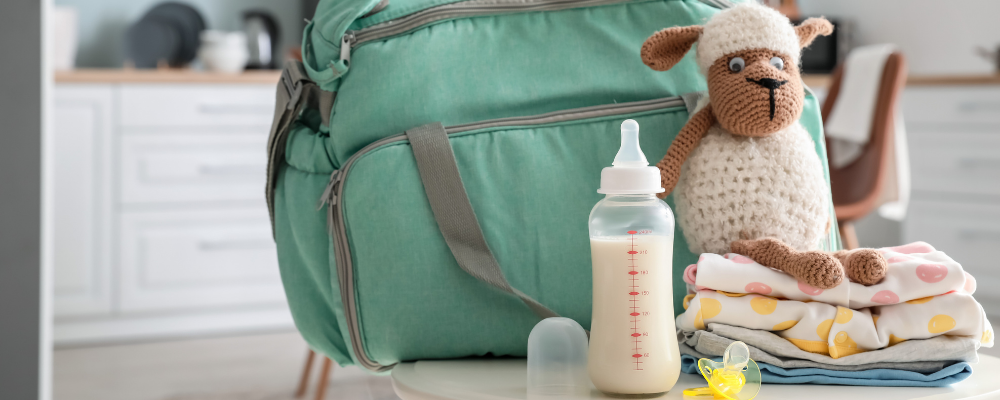
The absolute joy of every nursing mother is to be able to practice exclusive breastfeeding for at least 6 months. This is because, compared to formula, breast milk is extensively rich in nutrients and antibodies that support the child’s growth and health. But this dream may be short-lived if a mother has other commitments, like maybe going back to work.
“However, there are many ways to the stream,” say the wise African men. With the new technologies and appliances in place, flexibility can be easily achieved. Consider using a breast pump to express the milk, but remember that how you store it plays a vital role in either keeping or degrading the milk’s nutrients.
Where and how should you store breast milk?
Well, it’s hard to believe, but breast milk can easily be stored safely in or out of a refrigerator. Because mother’s milk is an antibiotic capable of killing bacteria, it is safe to consume whether or not it is refrigerated for the required amount of time.
Let’s go through the guidelines for storing expressed breast milk:
- Before expressing or pumping breast milk, ensure you wash your hands with soap and clean water.
- After expressing, transfer the milk into a clean, capped food-grade glass container or plastic bags specially designed for milk collection, or even better, use hard chemical bisphenol. A (BPA)-free plastic container also specially designed for milk collection and storage. Do not use disposable bottle liners or normal household plastic bags; they are not safe.
- Label each bag or container with the date and time you expressed the milk, and if keeping it in a daycare facility, remember to include the baby’s full names. It’s advisable to use waterproof labels and ink to avoid fading.
- Consider using individual containers that can be used all at once per feeding. This means you must monitor your child’s normal intake and keep adjusting as demand increases. Also, keep in mind that breast milk expands during freezing, so do not fill it up to the brim; allow room for expansion.
- When ready, make sure all containers are clean and dry. Wipe with a soft, clean towel before storage.
- For storage, you have two options: you can either refrigerate or choose not to. If freezing, place the containers in the far back of the refrigerator or freezer, where the temperature is the coolest. Be sure to consume this within 3 or at most 4 days—nothing more unless in a full-time operating deep freezer, which can store expressed milk for up to 10 months straight.
- If you are operating without a refrigerator or you simply choose not to refrigerate, use an insulated cooler with ice packs to temporarily store the milk. Alternatively, keep the expressed milk in a cool corner on the counter at room temperature for not more than 6 hours, though 4 hours is the ideal time.
Whatever method you choose to use, keep this in mind. The best milk is freshly expressed and immediately consumed. Research has shown that the longer you store breast milk, be it in a freezer or at room temperature, the more it loses its vitamin C, which is very vital.
All in all, we at Elimuzazi have this to say: you can express and store breast milk without a refrigerator, but make sure you strictly follow the above guidelines.
